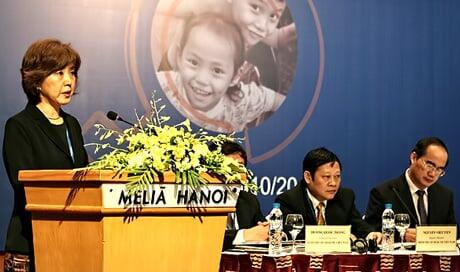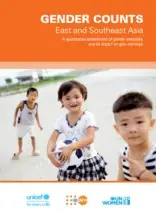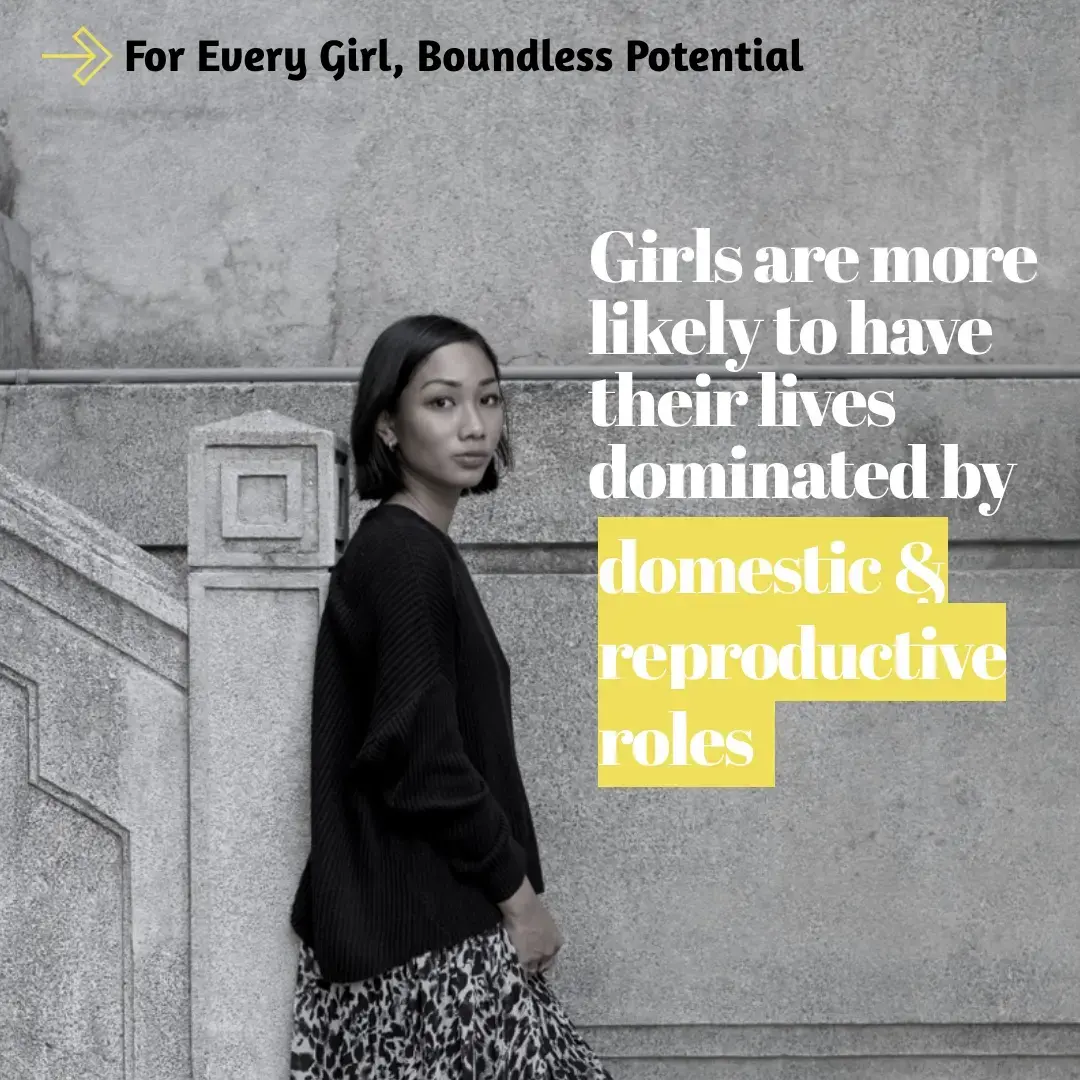HA NOI – "Joint international and national actions to end prenatal sex selection and discrimination against women should remain a priority for all," Nobuko Horibe, the Director of UNFPA’s Asia and Pacific Regional Office, said here today at the opening of an international forum to find more ways to reduce sex ratio imbalances.
“We must join forces to ensure that sex selection is understood as discrimination against women and girls and should end,” Ms. Horibe said in her speech to experts from 11 Asian, Eastern European and Caucasian nations. “We must accelerate our efforts and give priority to developing programmes and policies that foster norms and an attitude of ‘zero tolerance’ for discrimination, harmful attitudes and unethical practices, such as prenatal sex selection. Gender equality is at the very heart of each country’s successful development.”
Ms. Horibe told the 5-6 October workshop participants that some 117 million women were “missing” in Asia today and suggested ways forward. “Improving gender equality and supporting national policies to address sex ratio imbalance require urgent, concerted efforts by all segments of the government and society,” she stressed. “It requires strong political commitment as well as downstream actions at the community level to promote behaviour change and to address complex socio-cultural realities. This is why we are all here today. By bringing together our experiences and capacities, we can strengthen our efforts to tackle sex selection.”
The Asia/Pacific Director reaffirmed UNFPA’s commitment to continue supporting efforts to end sex ratio imbalances at national, regional and global levels, based in its experience.
“Addressing this issue is central to the work of UNFPA,” said Ms. Horibe. “For more than 20 years, UNFPA has broken taboos to pioneer campaigns against the phenomenon. Throughout these years, UNFPA has sounded the alarm over son preference, worked with a broad spectrum of stakeholders and supported community networks to advocate against sex selection. It has also sensitized health-care providers, young people as well as faith and community leaders to view sex selection as reinforcing discriminatory attitudes towards women and girls.”
The Director warned about the dire consequences of gender imbalances. “Many men face the prospect of not finding brides, creating the risks of potential social unrest, increased sexual violence against women, and trafficking,” said Ms. Horibe. “Already, we are seeing an increase in cross-border brides, and there are signs of how the upcoming “marriage squeeze” could lead to social disturbances.





